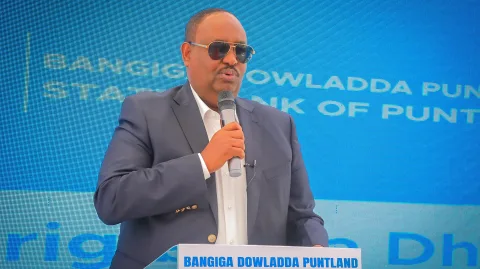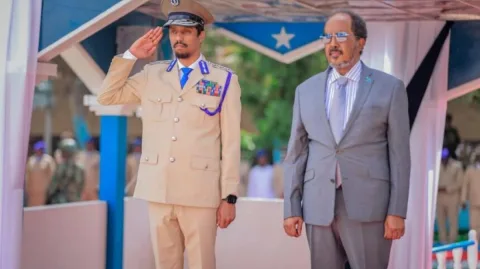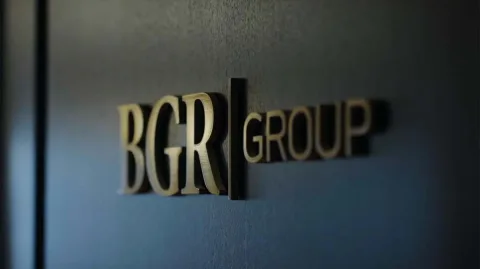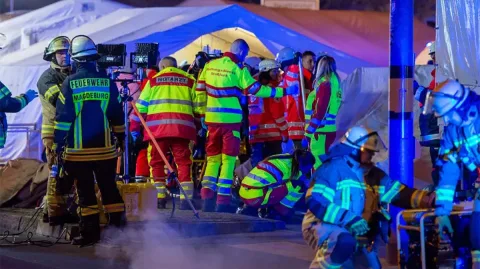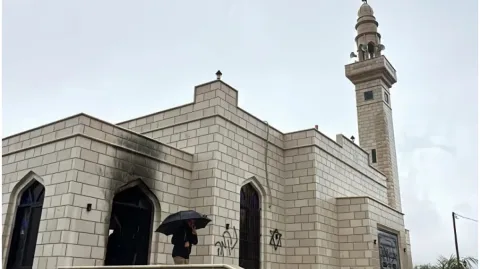Britain and the US will step up action to fight extremism in Yemen and Somalia, Downing…
 Britain and the US will step up action to fight extremism in Yemen and Somalia, Downing Street said Sunday, amid investigations into an alleged Al-Qaeda plot to bomb a US airliner.
Britain and the US will step up action to fight extremism in Yemen and Somalia, Downing Street said Sunday, amid investigations into an alleged Al-Qaeda plot to bomb a US airliner.
Prime Minister Gordon Brown and US President Barack Obama, who accused Al-Qaeda over the plot for the first time Saturday, also wanted to see a bigger peacekeeping force in Somalia to tackle violent radicalism in the region, officials said.
“Downing Street and the White House have agreed to intensify joint US-UK work to tackle the emerging terrorist threat from both Yemen and Somalia in the wake of the failed Detroit terror plot,” a statement said.
“Amongst the initiatives the PM has agreed with President Obama is US-UK funding for a special counter-terrorism police unit in Yemen.”
It added: “In Somalia, the PM and President believe that a larger peacekeeping force is required and will support this at the UN Security Council.”
The announcement came two days after Britain called a London meeting of world powers on fighting extremism in Yemen, where a Nigerian in custody in the US over the foiled December 25 plot is thought to have been trained and equipped by Al-Qaeda.
Al-Qaeda-inspired Shebab insurgents in Somalia control large swathes of south and central parts of the country and have wrested control of much of the capital Mogadishu, attacking government and African Union peacekeepers.
The US said last week that it was sharply increasing its military and economic aid to Yemen. Brown and Obama have discussed what to do about the situation in a series of phone calls since the alleged plot was uncovered and believe more support for Yemen’s coastguard is also needed, the statement added.
Brown will also ask that the situation be discussed by the European Union and push for tougher action on Yemen from the Financial Action Task Force, an international body tackling money laundering and funding for violent extremist groups.
He is also to hold a meeting of a special committee featuring leading members of his Cabinet to discuss Britain’s response to the alleged plot.
On Friday, the British premier called a London meeting of international powers on Yemen on January 28 and announced a review of airline security here which could see the use of full body scanners in British airports.
He added that the Detroit incident, which Nigerian Umar Farouk Abdulmutallab is accused of carrying out, showed terrorism remains a “very real” global threat as the world enters a new decade, eight years after the September 11, 2001 attacks on the US.
“Enemies of democracy and freedom — now trying to mastermind death and destruction from Yemen as well as other better-known homes of international terror such as Pakistan and Afghanistan — are concealing explosives in ways which are more difficult to detect,” he wrote in an article on the Downing Street website.
“Al-Qaeda and their associates continue in their ambition to indoctrinate thousands of young people around the world with a deadly desire to kill and maim.
“Our response in security, intelligence, policing and military action, is not just an act of choice but an act of necessity.”
AFP
